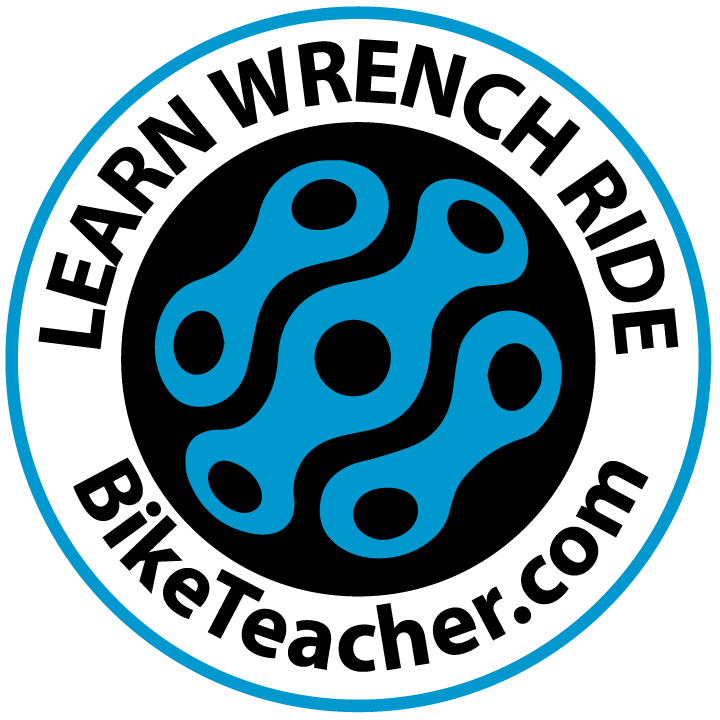
Blog Repair
Should you worry about a little disk brake rub?
Is a little disk brake rub okay?
My approach to disk brake troubleshooting is simple. I approach it like everything else on the bike. It starts with diagnosing the origin of the problem in the simplest, cheapest and fastest way. Key elements? Don’t get your fingers caught in the rotor (disk). There are many different problems that can occur with disk brakes just like rim brakes. The number one complaint you will come across is brake rub.
Brake rub is usually accommodated with a noise like a squeal or screech. There are a few ways to determine the severity of the brake rub. Is it stopping the wheel too soon? Is it always noisy? Is the rub something you cannot live with? Most of the time the wheel should be spinning freely and quietly. What will usually get your attention or your ridding buddies attention is a noisy disk brake, sometimes with the brake applied and sometimes not. Whats happening here is one or more brake pads are lightly touching the brake rotor.
If it’s noisy when applying the brake lever that is a sign of some form of contamination. The easiest to deal with is dirt, the harder one to remedy is oil. Dirt on the disk brake or the brake pad can be addressed on its own. Most cases it will clean itself in due time. Oil contamination on the other hand will have destroyed the brake pads almost immediately and will now be considered garbage. The brake rotor or disk can be cleaned with isopropyl alcohol.
Remember this, cleaning the brake rotor will also strip off the good brake pad material and the disk or brake rotor will need to be reintroduced to the brake pads material again. This can be done by braking gently several times in the parking lot. You are basically coating the brake disk with brake pad powder making the contact surface of the brakes rotor tacky or increasing the resistance.
Sometimes the rub is not enough to stop the wheel but maybe just enough to create brake noise and not enough to notice the resistance when pedaling. My first suggestion is do not attempt a brake adjustment unless it is something you cannot live with. The reasoning for this is that there is not a lot of room between the brake pads and the rotor for adjustment in the first place. Attempt this only if you have patience and are willing to master the adjustment.
There is approximately a millimeter in a half (1.5mm) on each side of the brake pad and rotor and thats being generous. Don’t get discouraged you can still be very successful with a little practice. Repetition is key for learning any new task. Become comfortable with the uncomfortable. I hear that term a lot in sports and I think the same applies here with brakes rubbing the rotor. If you are experiencing a brake rub of some sort there is no immediate danger for your safety or the health of the bike in any way in most cases.
You may be experiencing a light brake rub or disk brake drag and not even know it. I suppose there is a possibility of heat developing from brake drag but it is not enough to create problem. In order for there to be concern from a bad brake rub the wheel would not be able to spin several times before it stops. This is all relative to how hard you spin the wheel when testing. This is something that is hard to learn if you are not used to working on your bike or with your hands. Videos may not be enough to help you with “the feel” of something. Thats where getting hands on help can be beneficial.
A.R.

